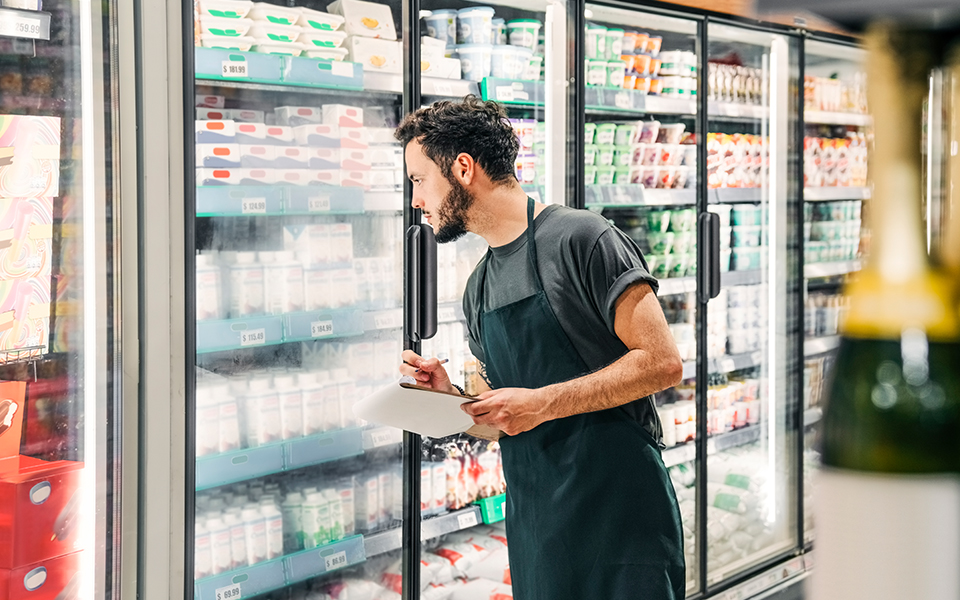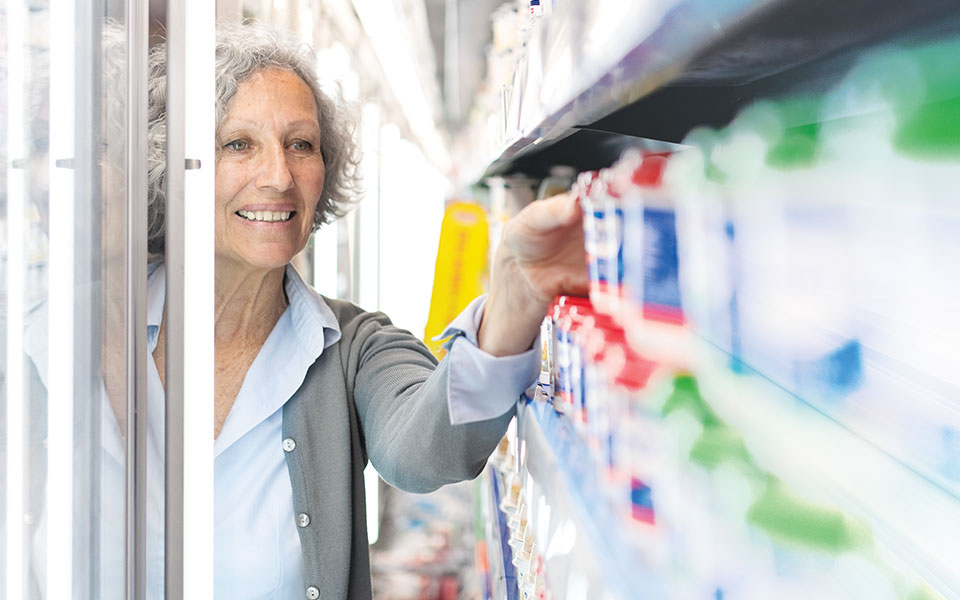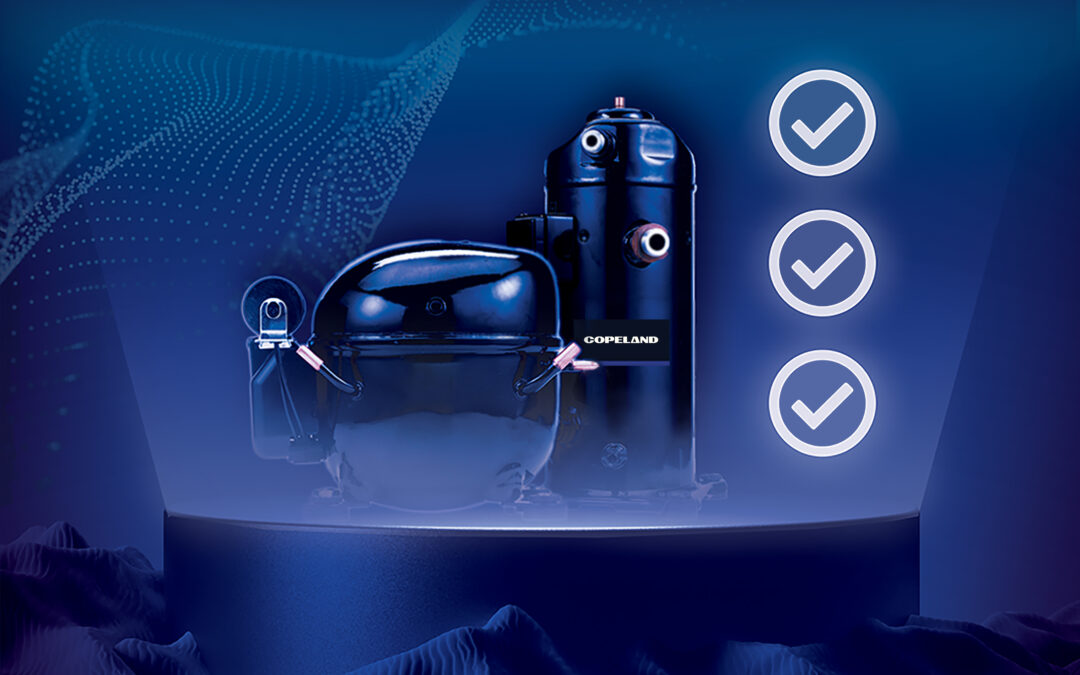*On June 1, 2023 Emerson’s Climate Technologies business became a new standalone company – Copeland. Though our name has changed, we are building on more than a century of HVACR innovation and industry leadership, and Copeland continues to offer the same products, industry stewardship, and learning opportunities you’ve grown to trust. Information found on this webpage posted before June 1, 2023 may contain our old name or branding, but you can be at ease knowing it was created with the knowledge and expertise of Copeland.
In November, the 31st Meeting of the Parties to the Montreal Protocol convened in Rome to discuss progress in their ongoing efforts to protect the Earth against ozone depletion and global warming. Among the new topics introduced by member nations was the need to implement sustainable and efficient solutions in the refrigeration and air-conditioning sector — not only to meet future cooling demand but also to include cold chain initiatives for food preservation.

For more than three decades, the Montreal Protocol has introduced measures to reduce the harmful environmental impacts of cooling technologies — first with a mandate to phase out ozone-depleting substances such as chlorofluorocarbons (CFCs), and most recently with the Kigali Amendment, which targets a phase-down of hydrofluorocarbons (HFCs). As these efforts have experienced wide adoption by its global member nations, the Montreal Protocol’s stakeholders are now vowing to take a closer look at additional cooling-related climate issues, such as reducing food waste and creating a more sustainable cold chain.
At the November meeting, key stakeholders discussed the Montreal Protocol’s global responsibilities to continue its leadership in climate matters and extend its efforts into reducing global food loss and waste. Participants stressed the urgency for countries to work together to find new solutions to address world hunger — noting that it would be possible to feed the entire world with current food production levels if waste was eliminated.
Participants also discussed other far-reaching benefits of these efforts toward creating more sustainable cold chains, such as: price stabilization; improved food security; enhanced profitability; more secure livelihoods; social and economic development gains; fair and just sustainability transitions; achieving sustainable development goals; continuing research, development and innovation; synergistic action; and restoration of degraded lands.
Introducing the Rome Declaration
At the November Meeting of the Parties to the Montreal Protocol, members were invited to support the Rome Declaration on the Contribution of the Montreal Protocol to Food Loss Reduction through Sustainable Cold Chain Management initiative. Currently, the Rome Declaration has been signed by ministers of 76 countries and is open for additional member signatures until the start of the next Meeting of the Parties, to be held next November.
The Rome Declaration calls for both national action and international cooperation to promote sustainable cold chain development, including the use of environmentally friendly refrigeration to reduce food loss. It states that achieving its objectives will require cooperation among governments, the Protocol’s institutions, United Nations (UN) specialized agencies, existing private and public initiatives, and all relevant stakeholders to exchange knowledge and promote innovation.
Among the Rome Declaration’s key objectives is to provide access to energy-efficient, sustainable refrigeration technologies in developing nations — particularly those that follow the Montreal Protocol’s guidance on refrigerants — thereby helping them contribute to the reduction of food loss and waste.
Aligning with Emerson’s cold chain capabilities
We won’t know for some time whether the Rome Declaration will become an internationally agreed upon mandate. But like the previous efforts of the Montreal Protocol to phase down harmful substances used in cooling devices, the Rome Declaration is an opportunity to leverage Emerson’s efforts in providing sustainable and energy-efficient solutions — not only in the refrigeration and air-conditioning sectors, but throughout the global cold chain.
From compressors and refrigeration system technologies to temperature monitoring and tracking devices to connected electronic controllers and facility management systems, we’re committed to helping cold chain stakeholders achieve temperature certainty and maximize energy efficiencies in the most environmentally responsible means possible.

Electrical component considerations for A2L system safety
Electrical component considerations for A2L system safety As a new refrigerant category in the...

A2L refrigerant regulation updates: what you need to know today
Preparing for the approval and safe use of A2Ls in commercial refrigeration applications The move...

Address Efficiency Mandates with Compression Technologies
Strategies for complying with DOE and ENERGY STAR® in self-contained and remote condensing units...
